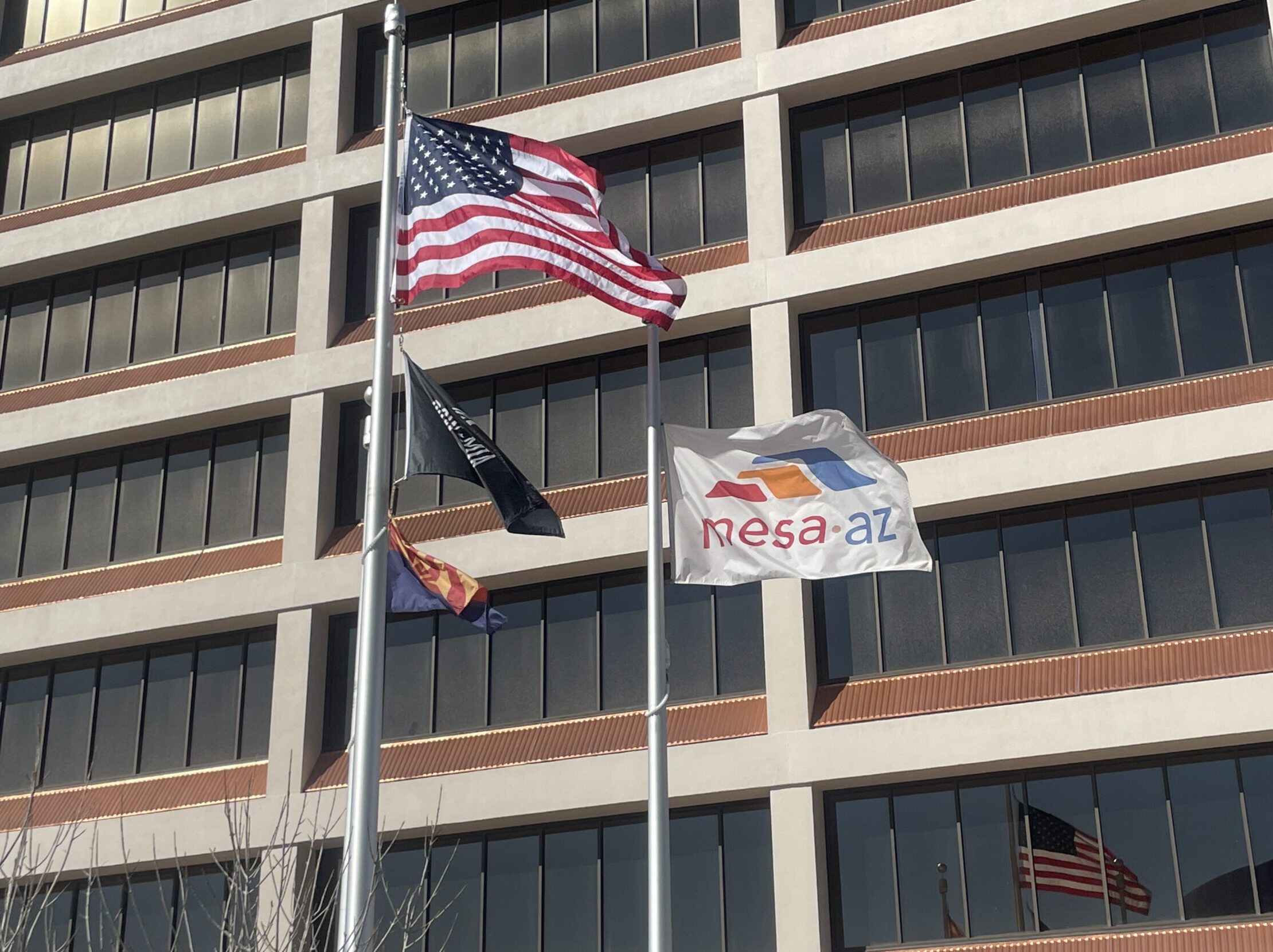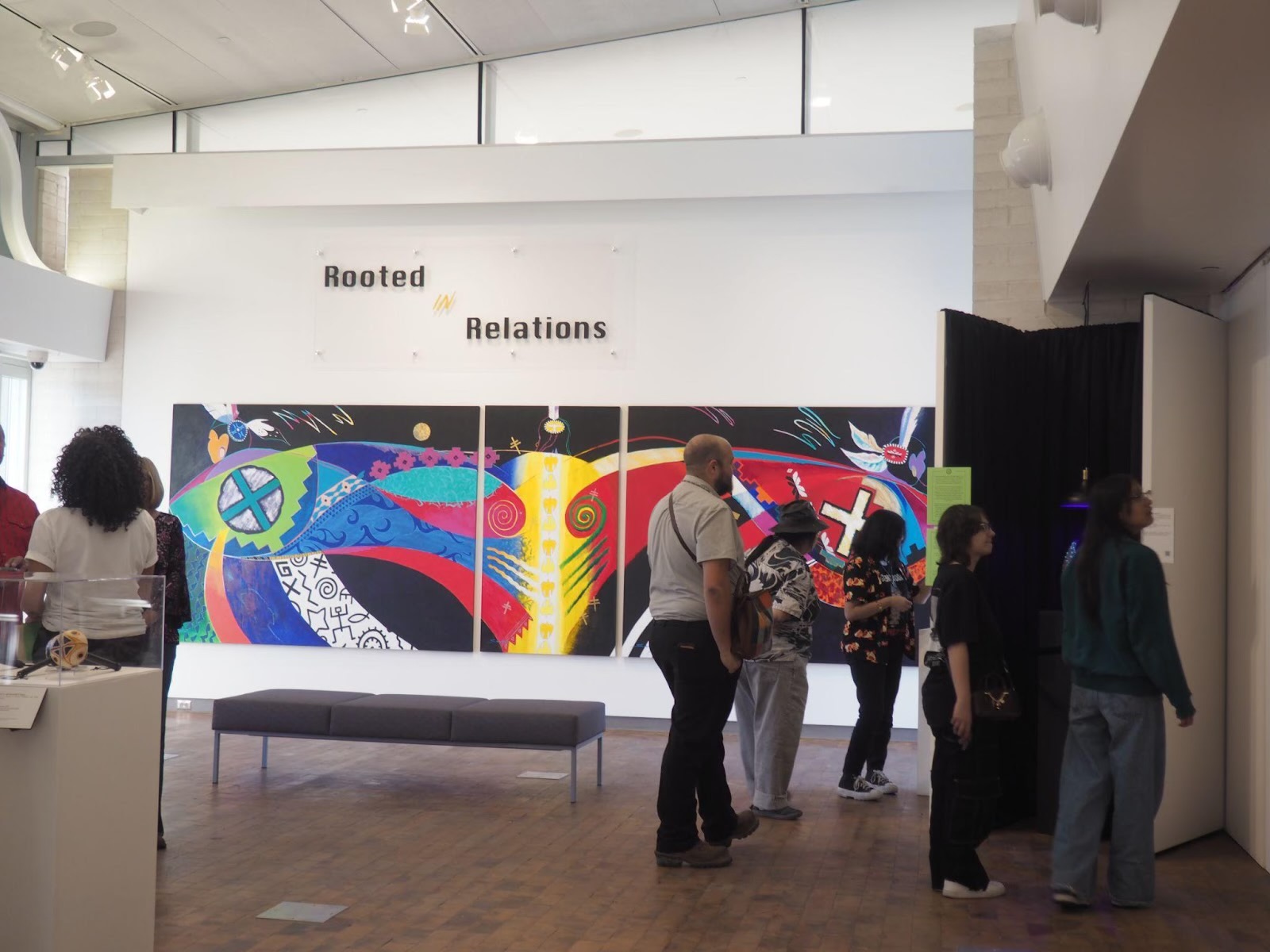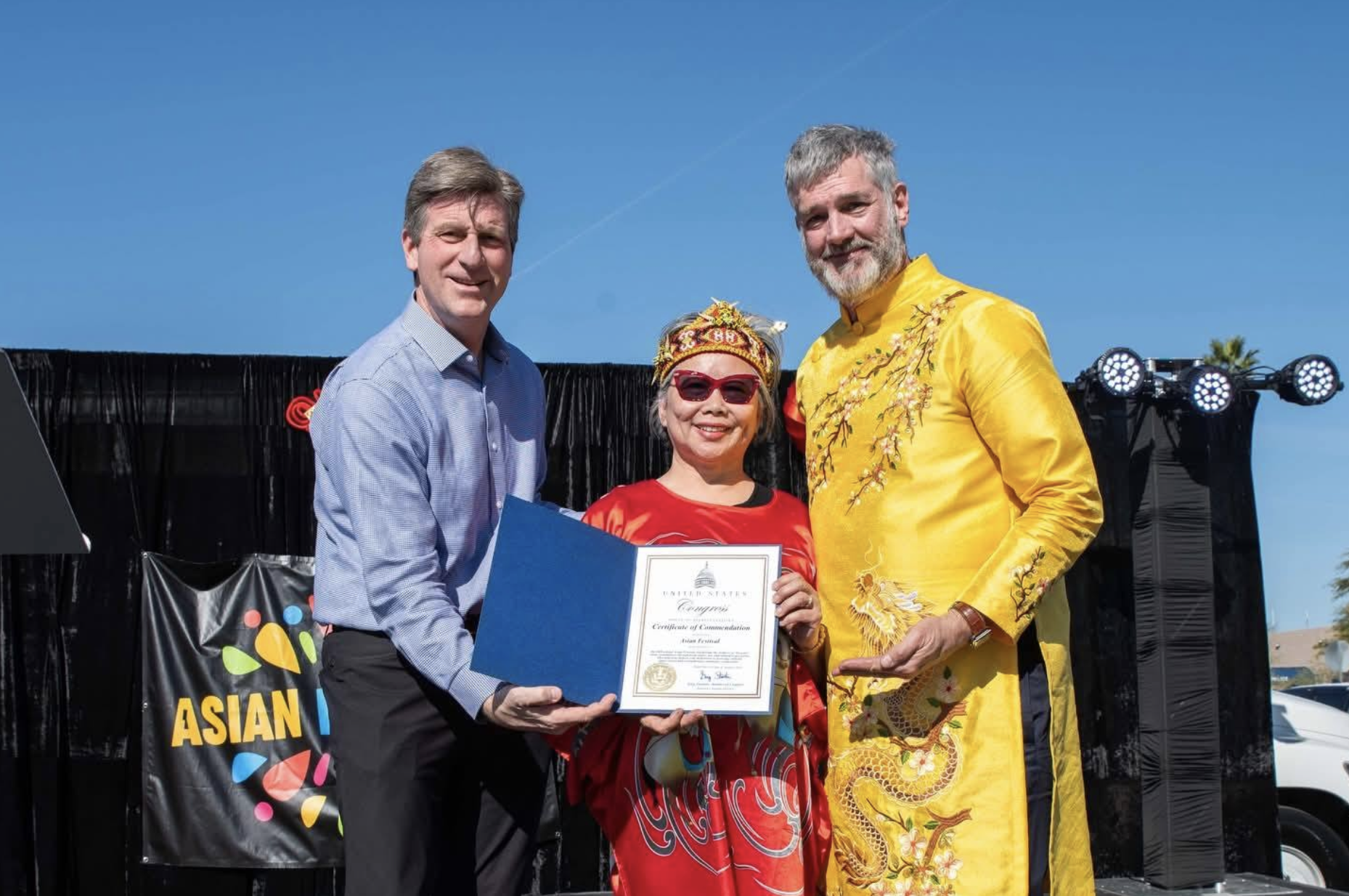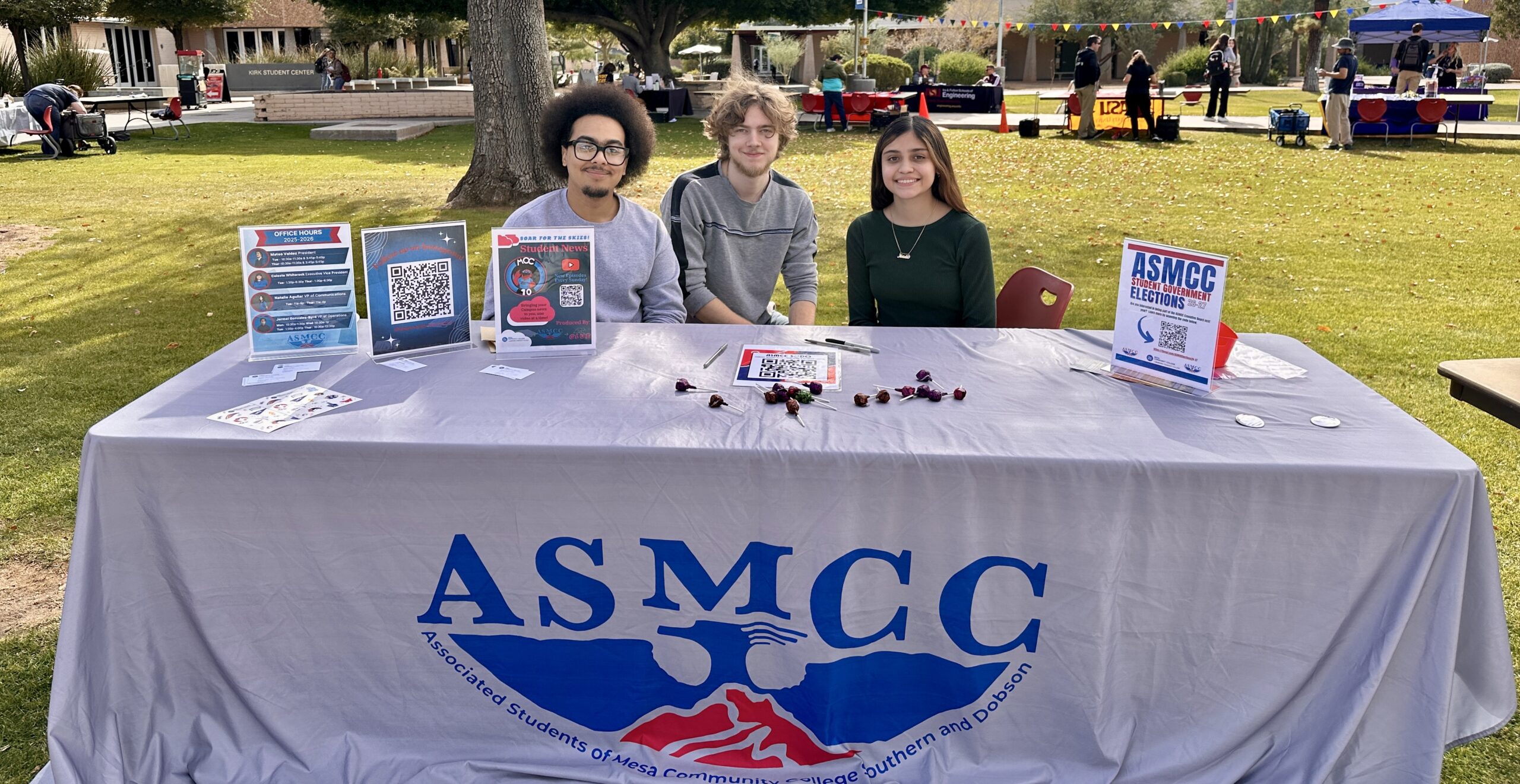Urban Farmers Help Domestic Violence Shelter
On Friday, March 12, the Urban Farmers Club at Mesa Community College (MCC) will attempt to teach victims of domestic violence how to grow and harvest their own food. This student-partnered initiative helps survivors of domestic violence learn new and valuable skills in the urban agricultural industry and provides a way to potentially secure food in the future.
Karen Litts is the President of the Urban Farmers Club and a laboratory technician at the land lab here at MCC. According to Litts, the program was first brought to her attention by former member of the club, Maria Dawes.
“She reached out to me,” Litts said. “She was just curious if the club was be interested in helping the shelter make raised garden beds.”
Raised garden beds are one popular method used by urban farmers to grow within the city limits. They are simple wooden boxes filled with soil that can be built, transported, or buried wherever they are needed.
As of now the Urban Farmers Club is seeking a signature from their advisor to secure the funds necessary to pay for the raised garden beds. The National Advocacy and Training Network (NATN), a local domestic violence shelter, has agreed to cooperate with the students with or without resources, and the first meeting was set to happen regardless of the materials secured.
The garden beds will be constructed off site and then moved to where the women can learn how to grow and care for there plants.
“To actually create the garden that you can pick and nourish your body with, it’s very therapeutic. It will be very therapeutic for the woman,” Maria Dawes, coordinator for the NATN, said.
The training provided to the women will be part of the the Support, Education, Empowerment and Directions (SEEDs) program of the NATN.
According to the NATN website, “SEEDs was establish in January 2003 to address the unmet needs of battered and sexually abused women. The program is a community-based, safe, sober living environment committed to the physical, mental, and emotional healing of women whose lives have been affected by substance abuse and violence.”
The National Coalition Against Domestic Violence (NCADV) found, “between 2001 and 2010, when controlling for population, arrests for domestic violence aggravated assault increased 82%” in Arizona.
“A lot of times women come in with nothing,” Dawes said. “Basically, having to scrounge up whatever resources they can to get back on their feet to get jobs. They have low self esteem, low confidence, they don’t have very much support.”
This is why the cooperation between students and local organizations is so important to the local community. If it weren’t for the ones who work to make a difference in their own way, these individuals would be left without support after these traumatic experiences. If you would like to learn more about the domestic violence organizations which help local survivors, check out http://www.natn-az.org. For more information on the Urban Farmers Club, check out their bi-weekly meetings on Tuesday and Thursday on the southeast side of campus next to the welding building.









